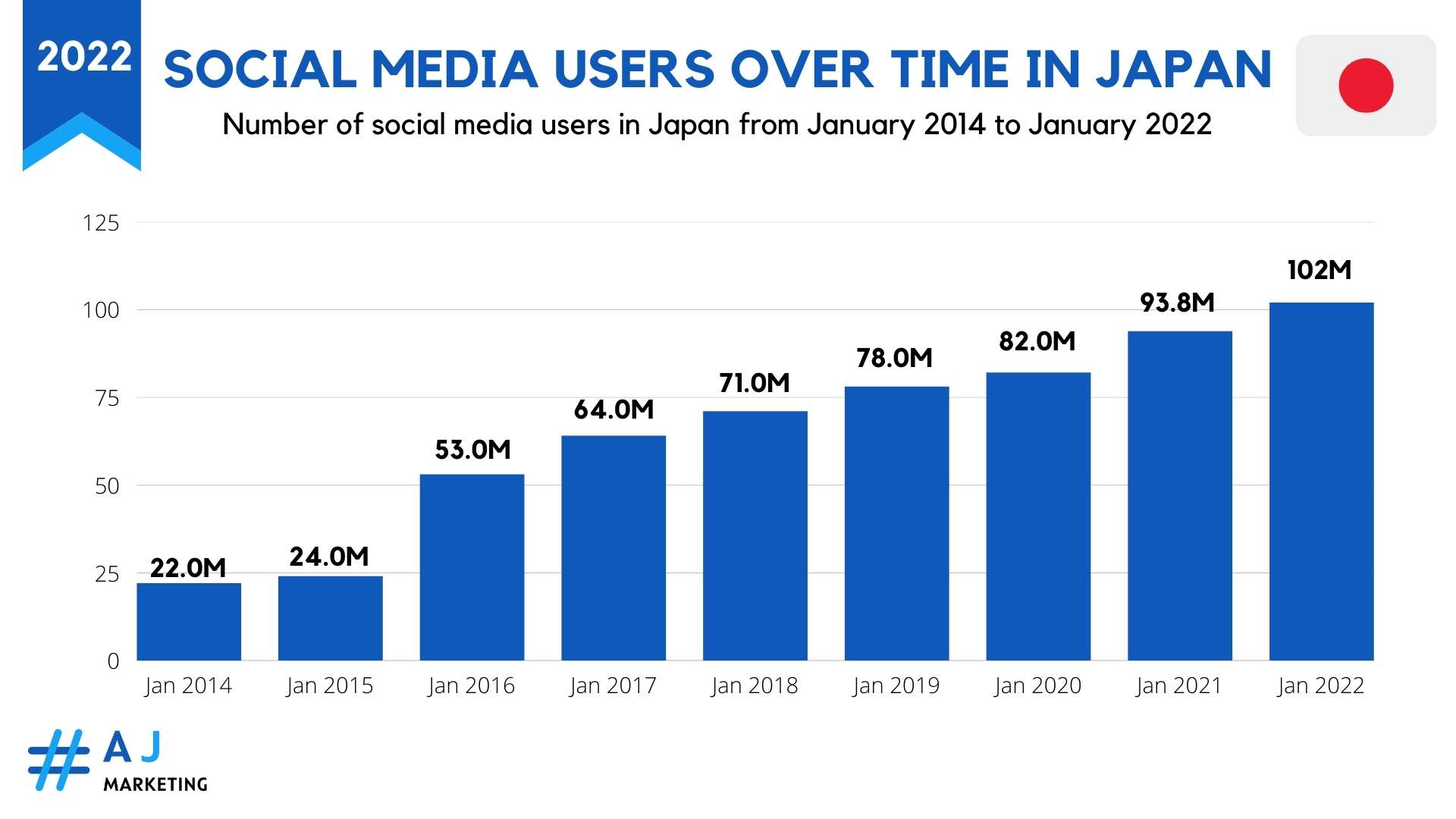[ad_1]
In early October, United States Trade Representative Katherine Tai delivered a speech at the Center for Strategic and International Studies (CSIS) outlining a new approach by President Joe Biden’s administration to the U.S.-China bilateral trade relationship.
“We need to be prepared to deploy all tools and explore the development of new ones,” Tai stressed, although she did not elaborate.
Tai said that while Biden welcomes competition with China, he believes it is necessary to ensure that it is a healthy competition.
She criticized the Chinese government for continuing to shape its economy to the will of the state and being resistant to making meaningful reforms to address concerns shared by the U.S. and many other countries about the distortions to the global market from its state-centered economic system.
The Biden administration will make domestic investments to increase competitiveness and is committed to working together with its partners to take all steps necessary to protect themselves against the waves of damage inflicted through unfair competition with China, she said.
Tai outlined four initial steps as the starting point for realigning trade policies toward China, saying Washington will:
- Discuss with China its performance under the phase-one agreement signed by the two countries in January 2020.
- Restart a process for requesting exclusions from tariffs imposed on imports from China under Section 301 of the Trade Act of 1974.
- Use the full range of tools — and develop new tools as needed — to defend American economic interests from China’s state-centered and nonmarket trade practices.
- Work closely with allies and like-minded partners to shape the rules for fair trade.
But there are some issues regarding these steps.
The phase-one agreement covered China’s obligations regarding intellectual property and improved market access for the agriculture and financial services sectors. But it did not include important structural issues such as subsidized state-owned enterprises and focused mainly on lofty goals for U.S. agricultural exports to China.
The pact called for China to increase purchases of U.S. goods, farm produce and services by an extra $200 billion over the course of 2020 and 2021 above the 2017 baseline levels. But the U.S. government said it will discuss with China its performance under the agreement, since the actual amount of China’s imports has been much lower than the target.
The stance taken by the U.S. can be taken as contradictory, as it is criticizing China’s economic policies based on state-directed capitalism on one hand while urging Beijing to adopt government-controlled “managed trade” to boost imports from the U.S. on the other hand.
As for the process for requesting exclusions from the Section 301 tariffs — the program that had been launched by the administration of former President Donald Trump — American businesses were calling for its restart since the exclusions previously granted expired at the end of last year.
Petitions to exclude certain products from the tariffs were approved based on such factors as whether the products were available only from China. Tai said the Office of the United States Trade Representative will keep open the potential for additional exclusion processes.
The tariff exclusion process effectively reduces tariffs on Chinese products and can be used as a bargaining chip in negotiations with China. But there are also voices, as Tai’s predecessor, Robert Lighthizer, advocated, saying such a process is no longer necessary at this point as importers have had time to make supply chain adjustments away from China, making it less likely for the government to broaden the process beyond the reasonable level.
Trade negotiations
Tai said the U.S. government will use the full range of tools it has to defend American economic interests from harmful policies and practices, but she was vague on specifics.
Some say Washington should launch a new Section 301 investigation into China’s industrial subsidies, impose additional tariffs on imports from the country and use it as a bargaining tool in negotiations with China. Tai has not discounted the possibility.
However, Beijing under President Xi Jinping could simply raise tariffs on American products as a countermeasure instead of conducting structural reforms.

Not only did Tai refrain from outlining specific plans to tackle Beijing’s policies, but she also avoided saying the U.S. would start “phase two” negotiations with China. Beijing is believed to be refusing to engage in such talks that would focus on structural issues.
The Biden administration is trying to differentiate itself from the previous administration by stressing its emphasis on cooperation with its allies and partners. But this also appears uncertain, as Washington’s pressure on Beijing to meet its pledge to boost purchases of U.S. products can have a trade diversion effect of reducing other countries’ exports to China.
Tariffs imposed on U.S. imports of steel and aluminum, including those from its allies, under Section 232 of the Trade Expansion Act of 1962 will inevitably be regarded as protectionist and inconsistent with efforts to deepen cooperation with allies.
The U.S. government is reportedly replacing the Section 232 tariffs with a tariff-rate quota arrangement that would allow duty-free or low-tariff entry of a specified volume, with high tariffs applied to exceeded volumes. But we have to question the U.S. stance of eyeing imports from its allies as a national security threat.
We don’t hear forward-looking discussions from Washington about joining the Comprehensive and Progressive Agreement for Trans-Pacific Partnership (CPTPP), a free-trade pact between 11 countries around the Pacific Rim. That is another reason for us to question the seriousness of the Biden administration’s policy of working with allies to shape the rules for fair trade.
Cooperation with allies
Tai’s speech, which lacked specifics, was not just about tactics to keep freedom for future negotiation with China, but indicated that the U.S. has not been able to come up with a new trade policy on China.
With the American public supporting a tough stance against China, the U.S. government cannot abolish tariffs on imports from that country without seeing any results. But it is doubtful that stronger pressure will make Beijing resolve its structural problems.
Tai is right in thinking that it is all the more important to boost American competitiveness through domestic investments and cooperate with allies to “engage from a position of strength” in its competition with China.
In addition to utilizing such engagements as the Group of Seven, “the Quad” alliance, and the U.S.-EU Trade and Technology Council, it is important for Japan, the U.S. and Europe to work together on reforming the World Trade Organization (WTO).
Moreover, as China has applied to join the CPTPP, its members should take this opportunity to urge Beijing to do the following: secure competitive neutrality of state-owned enterprises; reform the system of noncommercial assistance, including improving transparency; allow for freedom of assembly and the right to collective bargaining as well as prohibiting forced labor; and ensure free distribution of data, including the prohibition of forced disclosure of source code.
Such moves will also help back up the Biden administration’s policy of combating China’s unfair trade practices.
CPTPP members must also obtain a pledge from China to refrain from taking coercive economic measures like the ones that restricted imports of Australian products ranging from beef and barley to wine.
It is necessary to take an approach of not only asking Beijing to make a commitment on these issues but also confirming its actual moves over a certain period of time before granting entry to the CPTPP.
This means it will take considerable time for China to join the trade pact, with the possibility of other countries and regions that meet the requirements becoming members before Beijing.
The U.S. can use a so-called poison pill clause in the U.S.-Mexico-Canada Agreement (USMCA) which entered into force in July last year to effectively prevent China’s entry to the CPTPP.

The provision states that if any of the three countries in the USMCA enters a trade deal with a “nonmarket country,” the other two are free to quit. This gives Washington a reason to leave the pact if Mexico and Canada, both CPTPP members, let China join the framework.
However, a smarter strategy to correct China’s unfair trade practices would be for the U.S. to join the CPTPP and play a role in establishing rules that ensure free and fair trade.
In order to do so, the Biden administration needs to clarify what its idea of a “foreign policy for the middle class” means.
If it maintains the anti-trade stance — avoiding trading or signing a trade agreement with another country to prevent adversely affecting even a part of its middle class — the dynamism of the American economy will be lost and its position in the global community will decline.
It will be in the national interest of the United States, both economically and strategically, for it to pursue a policy of joining trade pacts including the CPTPP while boosting domestic investments on infrastructure, education, and research and development to improve income redistribution based on the compensation principle.
Joining the CPTPP is a narrow gate for U.S. domestic politics, but there are people in the country who understand the benefits of doing so.
As said in the Bible, Matthew 7:13-14, “Enter through the narrow gate. For wide is the gate and broad is the road that leads to destruction, and many enter through it. But small is the gate and narrow the road that leads to life, and only a few find it.”
In an annual public opinion survey by the Chicago Council on Foreign Affairs released earlier this year, 75% of surveyed Americans said they think international trade is good for the U.S. economy, and 63% said it is good for U.S. manufacturing companies.
Allentown
Billy Joel’s song “Allentown” describes an industrial town in Pennsylvania where many of the once-thriving factories and mills, including a steel mill in nearby Bethlehem, had fallen on hard times.
The song was released in 1982, before China became known as the “world’s factory” and nearly two decades before Beijing joined the WTO.

The U.S. should urge China to get rid of unfair economic practices, but it would be wrong to blame China for all the manufacturing jobs lost in the country in recent decades.
Even without China, trade with other countries and technological developments force industries to go through changes, accompanied by pain.
Certainly, trade with China comes with national security concerns that go beyond economic ones, and it is necessary to take into account its impact on cutting-edge technology and the defense industrial base, as well as the risk of being excessively dependent on China.
However, if the U.S. boundlessly continues to protect more industries and factories under a “trade policy for the middle class,” the source of growth generated by comparative advantage and division of labor will dry up.
Georges Benjamin Clemenceau, a former prime minister of France who led the country to victory in World War I, said, “War is too serious a matter to entrust to military men.” Protecting the middle class is also too serious a matter to be handled only with trade policies.
We must put pressure on China in the right way and hold honest conversations with Beijing instead of targeting it as a scapegoat of domestic politics.
Japan should cooperate closely with the U.S. to make sure Washington’s trade policy toward China, including defending American economic interests from Beijing’s harmful policies and practices, will be implemented based on the principle of free trade, while also responding to national security concerns but without promoting protectionist or mercantile interests.
That will be the key to ensuring peace and stability in Japan, the U.S. and the rest of the world.
Shin Oya is a senior Research fellow at the Asia Pacific Initiative, an independent think tank based in Tokyo. API Geoeconomic Briefing, provided by API, is a series that looks into global political and economic trends, with a particular focus on technology and innovation, global supply chains, international rule-making, and climate change.
In a time of both misinformation and too much information, quality journalism is more crucial than ever.
By subscribing, you can help us get the story right.
SUBSCRIBE NOW
[ad_2]
Source link





















